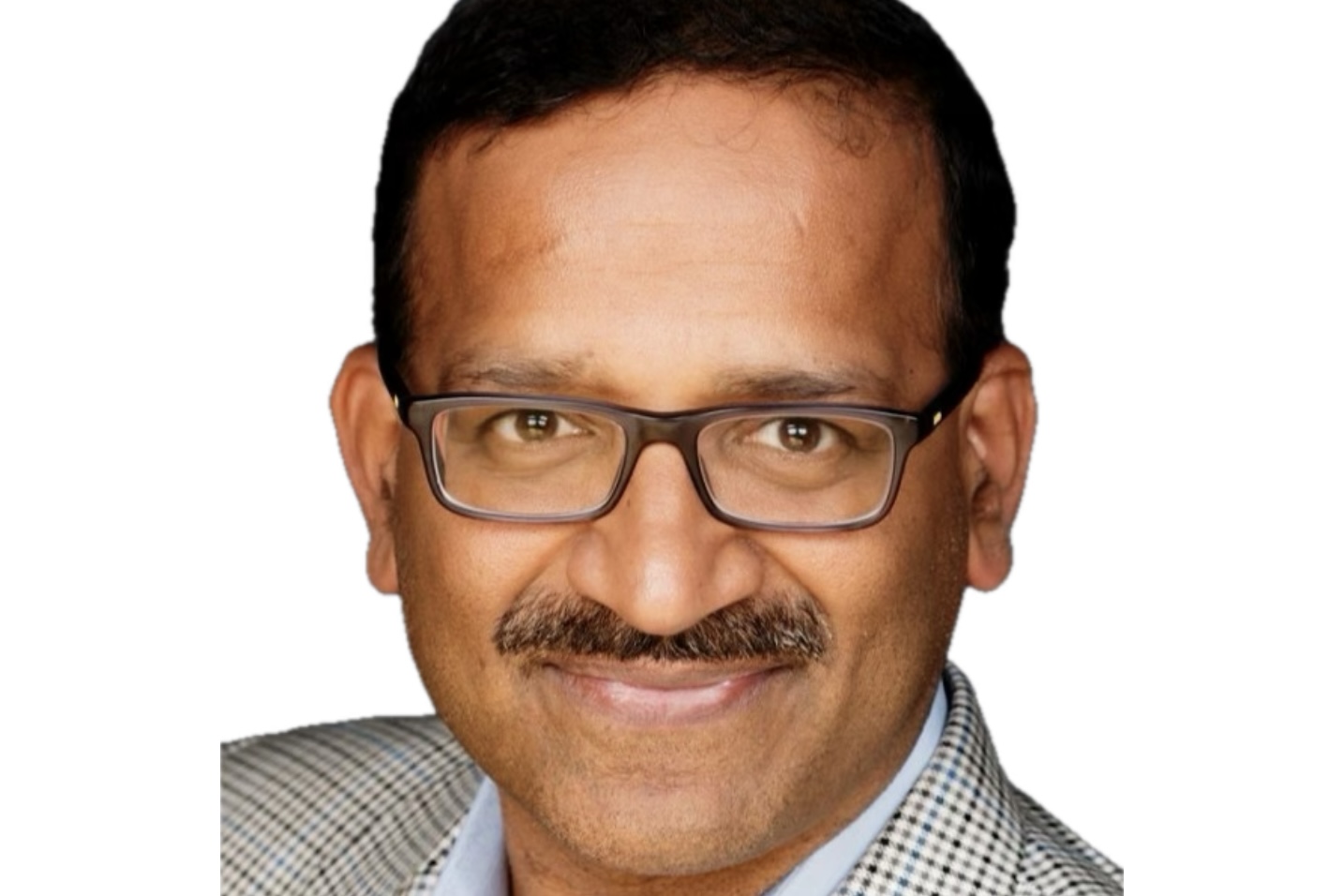Ram Mohan, Indian American Chief Strategy Officer of Identity Digital, the second largest internet domain name company in the world, has been indicted into Internet Hall of Fame for helping to “develop the modern multilingual Internet.”
He and seven others from diverse backgrounds, disciplines, and geographies, will be formally inducted at the official induction ceremony on September 17.
“Nominated by peers in their fields and selected by the Internet Hall of Fame’s Advisory Board, they have made a significant and indelible mark on the Internet. They have earned a place in history,” according to a media release.
“I am incredibly honored to share that I have been inducted into the Internet Hall of Fame,” Mohan posted on LinkedIn.“This recognition celebrates the collective efforts of the pioneers, professionals, and connectors who have influenced the Internet’s evolution, to create broader online access and digital inclusion for everyone.”
“I remain committed to enhancing Internet security, fortifying its resilience, promoting multilingual accessibility, and ensuring universal connectivity,” he wrote. “Proud to be recognized along with the rest of the Internet trailblazers as we continue to shape the future online.”
READ: Indian American Karthik Nayani receives $500,000 NSF CAREER Award (September 4, 2025)
“This journey would not have been possible without the unwavering support of my family,” Mohan wrote. To my lovely wife Rupa Mohan and my incredible kids, thank you for being a constant source of inspiration. Your support has been the foundation for my work.”
Lifelong champion of Universal Access, Mohan got into computing because the games on his brother’s early 1980s ZX Sinclair Spectrum were really terrible, according to his Hall of Fame citation. He set about modifying the games first at the hex, then the binary levels, making as many changes as the 48KB console’s basic language would allow.
Later, when he began to use the Internet, it was this same mix of joy and customization that drew him in, through the games and bulletin boards of the early Internet. This ability to create and shape online spaces left him with a lifelong aversion to overly controlled, so-called ‘walled garden’ platforms.
Mohan’s distinguished career sits at this intersection of the Internet’s code level and societal use. Literally: he helped expand the Internet’s reach beyond American Standard Code for Information Interchange (ASCII) that the Internet was founded on, to Unicode.
ASCII limited the Internet to the letters and characters used by English speakers, whereas Unicode opened it up to billions of people to use their own languages on the Internet, enabling them to bring and engage with their own cultures online.
This push for language accessibility online is known as Universal Acceptance, and it remains a work in progress. But when Mohan first began working on it, many considered it impossible.
“Harmonizing a lot of language tables and bringing them into one language table that represents an entire script, and can also represent multiple languages, all in one place? That had not been done before,” recalled Mohan.
Arabic is the second most commonly used alphabet in the world. Making it possible to use it online was critical to expanding the Internet to hundreds of millions of people.
Success hinged even more on cultural and linguistic considerations than on the considerable technical challenges. Most prominent among them were the recent hostilities between Iran and Iraq. But the drive to use one’s own language and see one’s own culture represented online outweighed any tensions.
Mohan convened a working group of Arab language experts and together they made Internet history. “It was a seminal moment, because it set the foundation. If you could do it for Arabic, you could do it for any language.”
READ: Shishir Sharma wins Best Actor Award for ‘Kuch Sapney Apne’ at DC South Asian Film Festival (September 10, 2025)
As anyone whose language uses diacritics or does not use the Latin script knows, the Internet is not yet fully equal for all languages. Expanding it to billions of non-English speakers has shaped who gets to go online.
But Mohan is still pushing for change, still pushing to make Universal Acceptance a reality. When asked what he would change about today’s Internet, he doesn’t hesitate: “Unicode by default. Not ASCII by default.”
In 2001, Mohan co-founded the ICANN Security and Stability Advisory Committee (SSAC), a group of technical security experts that assesses threats and risks to the Internet naming and address allocation services.
In the late-2000s and the 2010s, while serving on the ICANN Board, he built the team that developed the global language representation standard for Root Zone Language Generation Rules (RZ-LGRs) for top-level domains
Mohan holds 17 Internet technology patents. He is a ecipient of InfoWorld’s ‘Premier 100 Technology Leaders’ award, a CIO100 honoree, and Guinness World Record holder for organizing the largest online safety event in 2018.
In 2025, he co-founded the Coalition on Digital Impact (CODI), to ensure that every person can navigate the Internet in their own language.
